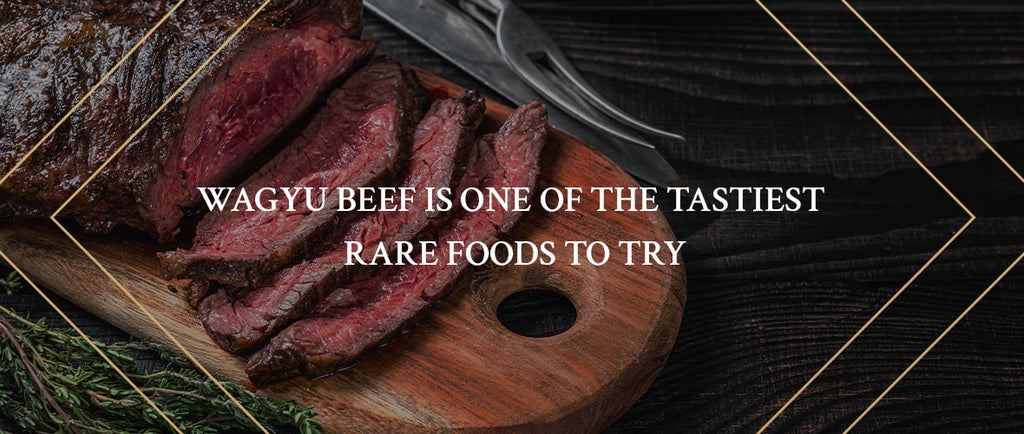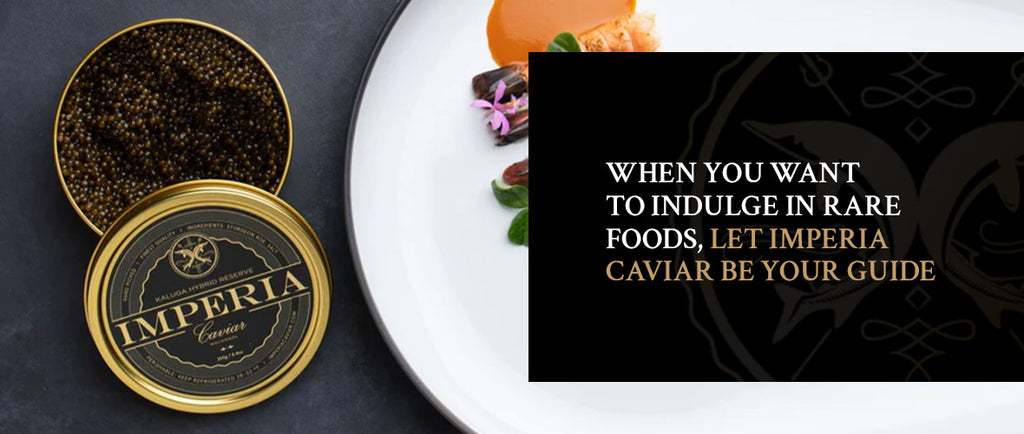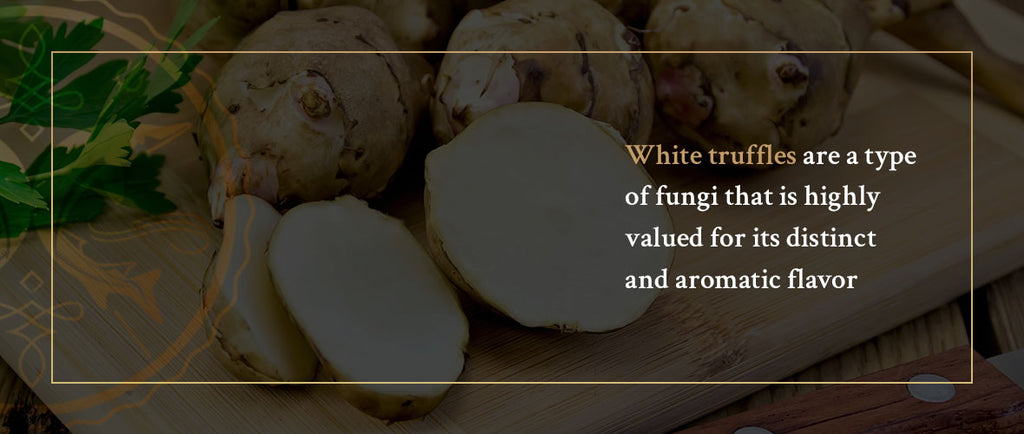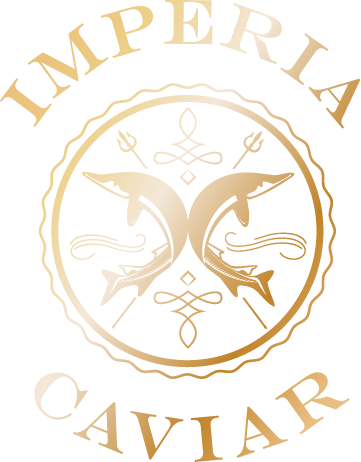White truffles and caviar are some rare food names most people will recognize. However, there are so many more rare foods to explore. This list of foods from across the world will help you explore the exciting world of unique fare and pique the interest of any food lover. By looking at the rarest foods and what makes them worth your attention, you will uncover many hidden culinary joys.
Wagyu Beef
Wagyu beef is a rare type of meat that comes from several Japanese cattle breeds, including Matsusaka and Ohmi. Wagyu beef is one of the tastiest rare foods to try, thanks to its special marbling. Marbling is the dispersion of fat within the meat. Wagyu exhibits a wide range of marbling levels, offering many options for different preferences.
Each species of cattle that produce Wagyu beef has its unique flavors and characteristics. Still, the premium quality and strict regulations of Wagyu beef ensure that anything labeled as such will be exceptional.

Kobe Beef
Kobe beef is a subset of Wagyu originating from Japan's Kobe region. The meat comes from a specific breed of cow known as Tajima cattle. These cattle are fed a specialized diet that gives their meat enhanced flavors and texture. Like other Wagyu beef varieties, Kobe beef is renowned for its exceptional marbling. Tajima cattle undergo regular massages to promote muscle relaxation, leading to fat marbling.
Strict regulations govern the production standards of Kobe beef to ensure authenticity, which is what makes Kobe beef so rare. Its intense beefy flavor and buttery texture also make it famous and sought-after.
Almas Caviar
Almas caviar comes from the rare Almas sturgeon — or albino Beluga sturgeon — that is primarily harvested from the Caspian Sea surrounding Iran and Azerbaijan. A pale golden to light amber hue makes Almas caviar visually distinct. The caviar pearls resemble real pearls because of the lack of melanin in this rare genetic mutation of the sturgeon. In fact, Almas means "diamond" in Russian. The albino Beluga sturgeon can take more than a decade to reach maturity, contributing to the rarity of Almas caviar.
This caviar has a smooth and buttery texture, resulting in an exquisite tasting experience. The flavor is mild and subtle, allowing the taste to shine and complement many different foods. The high-fat content in the pearls contributes to the creaminess and richness of the roe.
Almas and Beluga caviar are illegal in the United States and many other countries. Beluga sturgeon are endangered, and the ban is meant to discourage further overfishing. You will only be able to experience this type of caviar in a country that is legally allowed to sell it. If you want to indulge in caviar in the U.S., you can try Kaluga or Ossetra caviar, which are luxurious in their own right.
Casu Marzu
Casu marzu is a rare exotic food originating from Sardinia. Insect larvae live inside casu marzu cheese, giving it its unique twist and flavor. It is made using pecorino cheese that undergoes a distinct fermentation process. The process transforms the cheese into a soft, spreadable delicacy that inspires curiosity in any foodie.
The larvae of the cheese fly are intentionally introduced to the cheese to aid in fermentation, breaking down fats and accelerating the cheese's transformation. The result is a pungent and gooey cheese that bursts with flavor. Like Beluga caviar, buying and selling casu marzu is illegal.
Fugu
Fugu is one of Japan's most famous rare food dishes because it has a dangerous twist. Japanese fugu is a species of pufferfish that contains tetrodotoxin. This potent neurotoxin is present in the organs of the fugu, particularly the liver and ovaries. Chefs must prepare fugu perfectly to remove the toxic parts. They undergo rigorous training and need a license to serve fugu because, if prepared incorrectly, eating fugu could be fatal.
Despite the risks, fugu is considered one of the finest delicacies in Japan. Its distinct flavor is delicate and unlike any other type of fish or sushi. Fugu is commonly served as sashimi-style sushi but can be cooked in a hot pot for warm meals.
Caffe Raro
Caffe raro is one of the top rarest food items because it is a combination of the world's rarest coffee beans. Caffe raro blends the luxurious Kopi Luwak beans with Jamaican Blue Mountain coffee beans. Only a limited supply of these beans is produced each year.
Kopi Luwak beans are harvested from the droppings of the civet, an animal resembling a combination of a cat, opossum, and raccoon. The civet partially digests wild coffee cherries, and the enzymes in their stomach change the protein structure of the bean, which removes acidity and helps produce a smoother drink.

Abalone
Abalone is a marine gastropod mollusk with rich cultural significance. It is a prized delicacy because of its delicious flesh and iridescent shell. Revered in various cuisines for its tender and succulent meat, it can be prepared in many ways. The meat boasts a delicate, slightly sweet flavor that works exceptionally well in various dishes. It has a notable texture that combines tenderness and chewiness. Due to overharvesting in the wild, abalone is farmed using aquaculture.
White Truffles

White truffles are a type of fungi that is highly valued for its distinct and aromatic flavor. These truffles are notoriously difficult to cultivate, meaning most white truffles are wild. This contributes to their rarity and high market value. There are many differences between white and black truffles, but if you like black truffles, you will likely adore white truffles. The aroma of white truffles is often described as earthy, garlicky, and musky. When infused with other dishes, it significantly elevates the meal's flavors.
Densuke Black Watermelon
Densuke watermelon, also known as Densuke black watermelon, is a prized variety of watermelon. Its unique appearance and exceptional taste have made this rare fruit famous. Originally cultivated on the Japanese island of Hokkaido, Densuke watermelons primarily come from a town called Toma. Their black rind makes them visually distinct, as does their vibrant red flesh. Production of this watermelon is limited, making it a rare and exclusive delicacy.
These watermelons are typically larger than regular watermelons and boast an exceptionally sweet and rich flavor, making them a gourmet delight. They only grow in specific conditions and require rich soil. Growers must pay careful attention to water levels and temperature, which adds complexity to already-limited production.
Explore the World of Rare Foods With Imperia Caviar
When you want to indulge in rare foods, let Imperia Caviar be your guide. From luxurious caviar to delicious Wagyu beef and mouthwatering truffle products, we can help you enhance your meals and enjoy a bit of grandeur in every bite. Explore our online store today!





